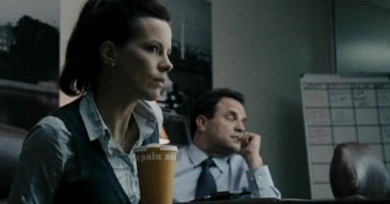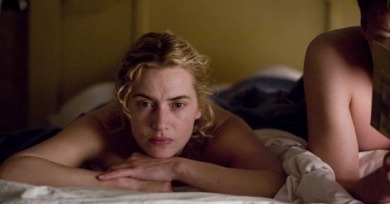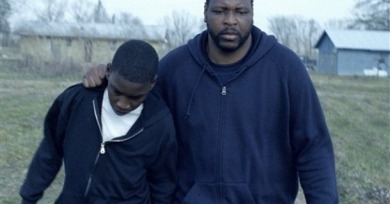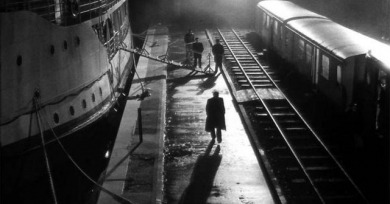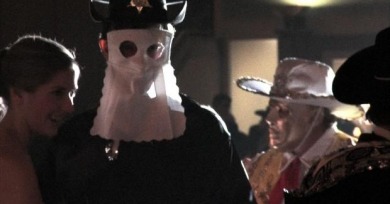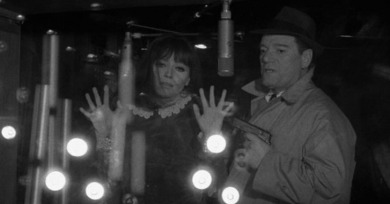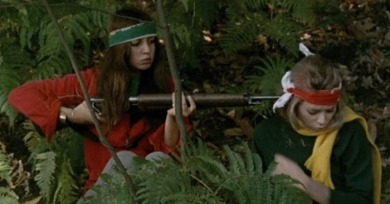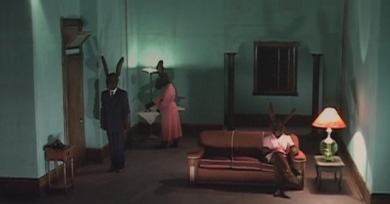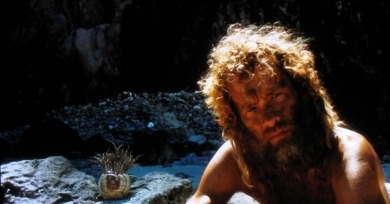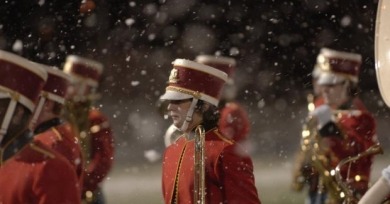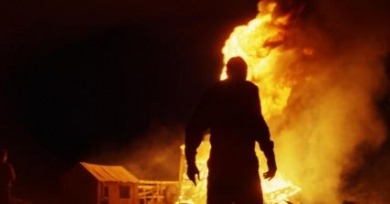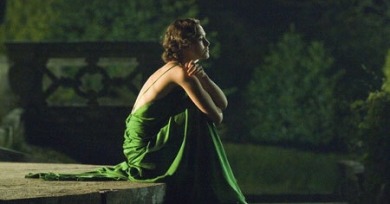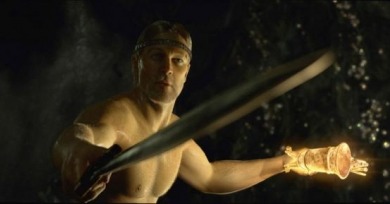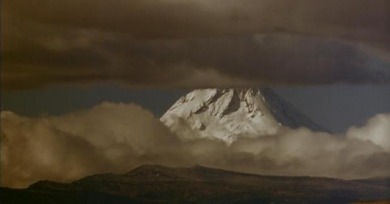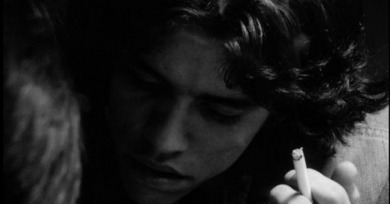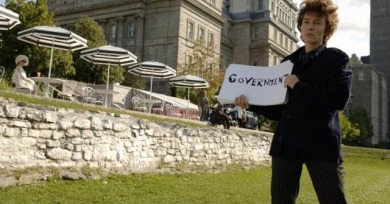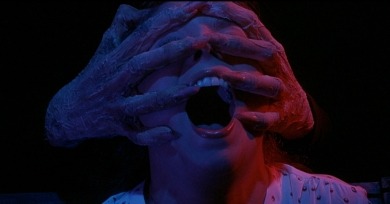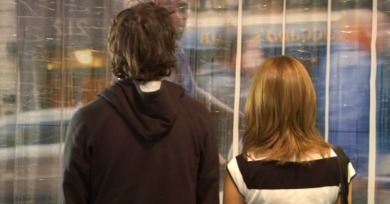Jeff Reichert
We can all agree that democracy’s messy any way you cut it, and Lurie’s filmmaking certainly follows suit; on a very concrete level, there’s just more movie here than the director seems up to juggling.
Both Herman’s The Boy with the Striped Pajamas and Daldry’s The Reader feature ill-considered accents, vanilla Europudding casts, and, oddly, both focus squarely on the effects of the Holocaust not on the Jews, but on the Germans.
"That’s the difficult thing about directing and then editing: you’re locked away in a room with a bunch of bad material. Only filmmakers understand that most of what you record is shit. And then you spend two years constantly looking at stuff that’s failed miserably."
Tarr’s is a heavy, maximalist vision, as ambitiously difficult as it is endlessly generous to the spectator willing to fully enter its embrace.
Hou has made films that wrestle, variously, and either directly or metaphorically, with personal and national histories, the struggles between Taiwan and Chinese nationalism, the encroachment of capital on an ever-evolving way of life, and the legacy of cinema itself.
What does it mean to say that Flowers of Shanghai is perfect? And how could one apply the label “perfect” to the cinema of Hou Hsiao-hsien, which is often improvised around a basic structure or, like Flight of the Red Balloon, created almost wholly from scratch?
Throughout The Order of Myths, Brown refuses to drop the heavy hand that mars so many documentaries purporting to tackle “big issues.”
Alphaville, Contempt, Sympathy for the Devil
Weekend, Une femme mariée, Le Gai savoir and Un Film comme les autres, Band of Outsiders
Why has a journal born five years ago on the cusp of digital explosion, such as Reverse Shot, only treaded lightly here until now?
As of right now motion capture requires the presence of physicality before erasing all but the barest trace.
Snow Angels, the fourth feature by the preternaturally visually gifted, yet often narratively scattershot filmmaker David Gordon Green almost begs to be disliked.
Though Anderson structures his nearly free of dialogue, suggesting the evocative power of silent cinema (everything we need know about Plainview can be discerned from the film’s prologue), it’s not long before he introduces the familiar trappings of the great American epic There Will Be Blood is to become.
If Atonement registers as a disappointment, unmet expectations can be partially ascribed to outsized anticipation.
It’s not inconceivable that the single poet often attributed to the “official” recorded text of Beowulf might have been aware that in the very process of committing to parchment a mess of real historical figures, locations, and occurrences blended with freshly imagined interpretations of traditional legend and fictions he was performing an utterly new act.
To look at Van Sant's career monolithically, without taking his films apart one by one, does him, and film, a disservice.
The consistently elusive nature of Gus Van Sant presents difficulties in trying to locate him within the body of American Independent cinema. He’s generally considered an important figure for the movement, but why, exactly?
Those hoping that I’m Not There, with its splintered Dylans encompassing different portions of the man’s career, is the ur-text that will provide a greatest hits of a life (like a Ray or Walk the Line) will be sorely disappointed with Haynes’s more ambitious project.
A Few Great Pumpkins
Inferno, Cujo, The Devil Rides Out, Invasion of the Body Snatchers, Paperhouse, Trouble Every Day, The Others, Halloween
Late one night on a deserted subway platform, a lost Jamie (Erin Fisher), dwarfed by the Tati-like expanse of Brooklyn’s multi-level 7th Avenue F train station, stops the sole nearby traveler, hoodied Charlie (Chris Lankenau) and asks for directions to a local diner.
